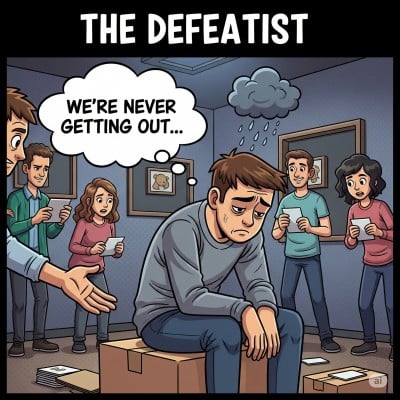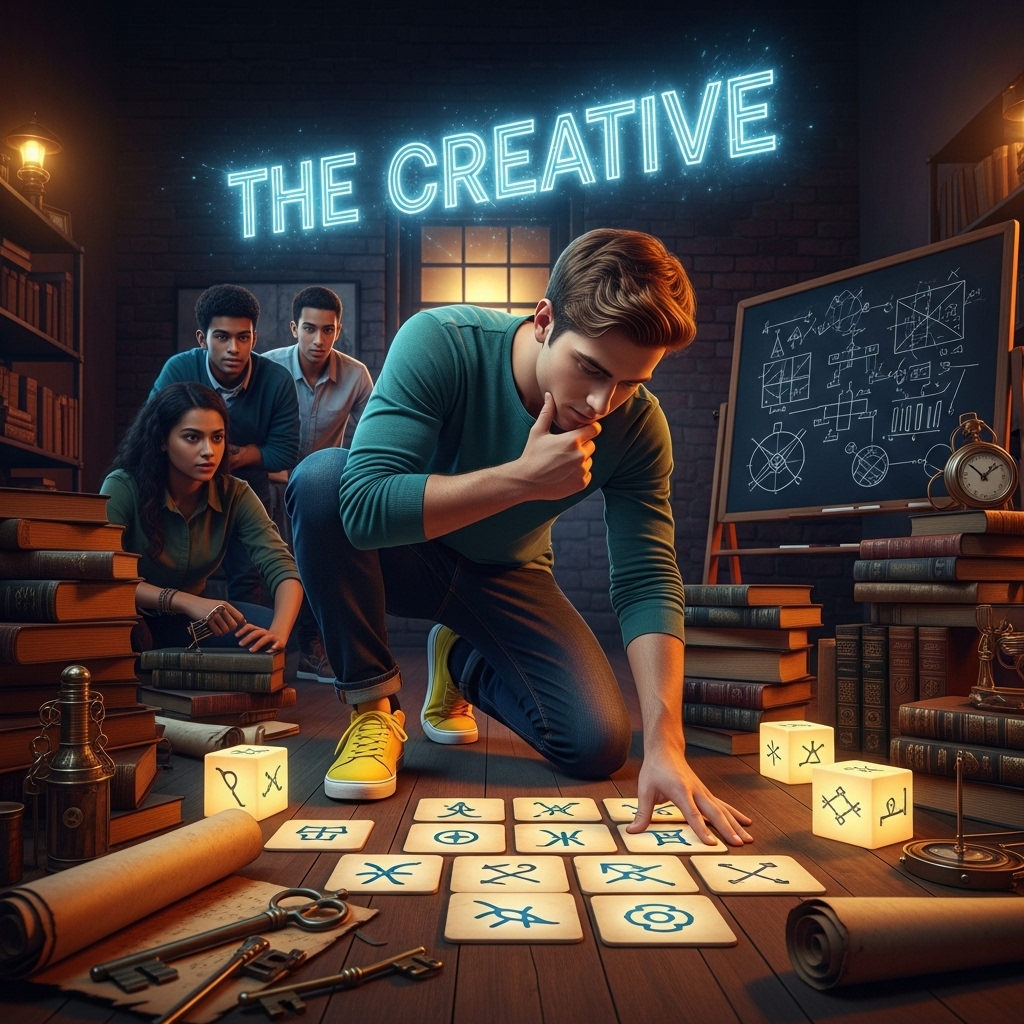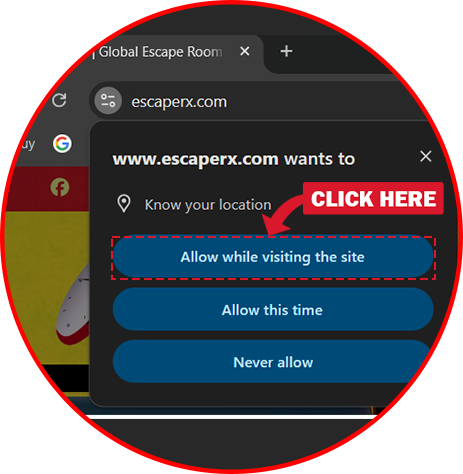Escape rooms are designed to test problem-solving, logic, and creativity under pressure 🧠. But beneath the puzzles, codes, and hidden compartments lies an even greater challenge: working together as a team. This is where the Peacekeeper shines 🎶. While others may focus on cracking locks or deciphering riddles, the Peacekeeper safeguards something just as important the group’s harmony, morale, and collaboration 🤗.
The Peacekeeper’s value is often subtle, even invisible at first glance. They may not be the one holding the combination that opens the final door, but their influence can be felt in the way the group communicates 🔢 🚪, listens, and stays united when the timer ticks down. In fact, their ability to diffuse conflict, foster inclusion, and keep stress levels manageable can mean the difference between a team that crumbles under pressure and one that thrives until the very end 😵 🌪 ️.
The Peacekeeper embodies qualities of empathy, patience, and balance. They are the player who notices when tensions rise ❤ ️, who ensures that quieter voices are not drowned out, and who reminds the group that the experience should be enjoyable, not overwhelming. Their presence prevents friction from turning into dysfunction 🚫 ⚡.
In high-stress moments such as when the team is stuck on a puzzle or when two players disagree on a solution the Peacekeeper steps in, not to take control, but to mediate 🤷♂ ️ 🤷♀ ️. They reframe arguments into discussions, calm nerves, and gently redirect energy toward collaboration. This kind of emotional leadership is not about solving puzzles directly but about creating the conditions under which puzzles can be solved ✅ 🧩.
Escape rooms are deliberately stressful. Designers build in moments where the team will feel stuck, pressed for time, or at odds over the next step. Without a Peacekeeper, these moments can escalate into frustration, arguments, or disengagement. With a Peacekeeper, however, the team maintains perspective 😰 🎮. The Peacekeeper helps everyone remember the larger goal: not only escaping the room but also enjoying the shared adventure 😔 ❌.
Their role also amplifies the strengths of other personas. A Strategist can think more clearly when the group isn’t bickering 📢 🌟. A Finder can stay focused when they feel valued and supported. Even the Alarmist who constantly reminds the group of the ticking clock benefits when the Peacekeeper frames that urgency as motivation rather than stress. In this way, the Peacekeeper acts like a quiet foundation, holding the team steady so others can shine 🏗 ️.













